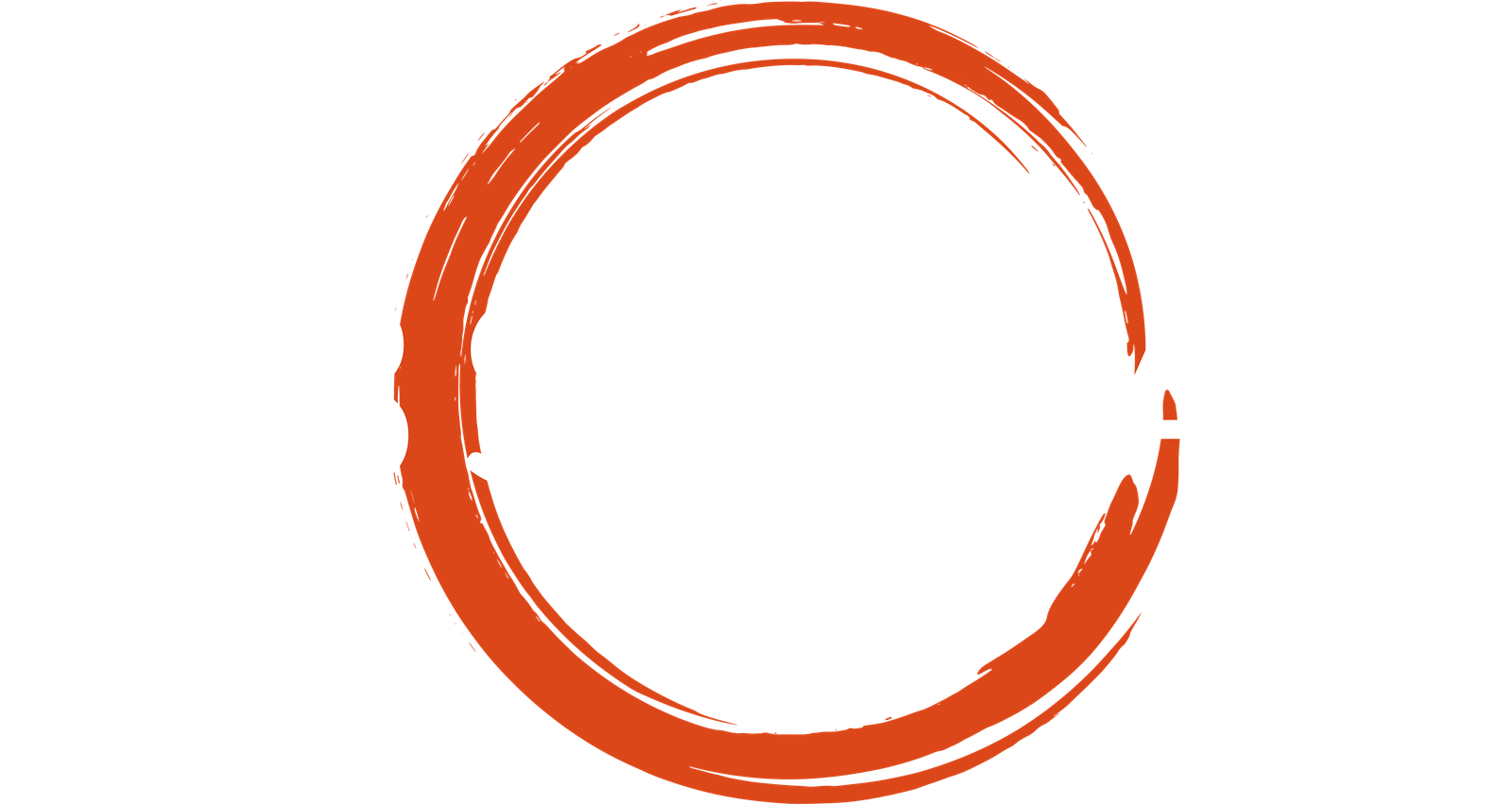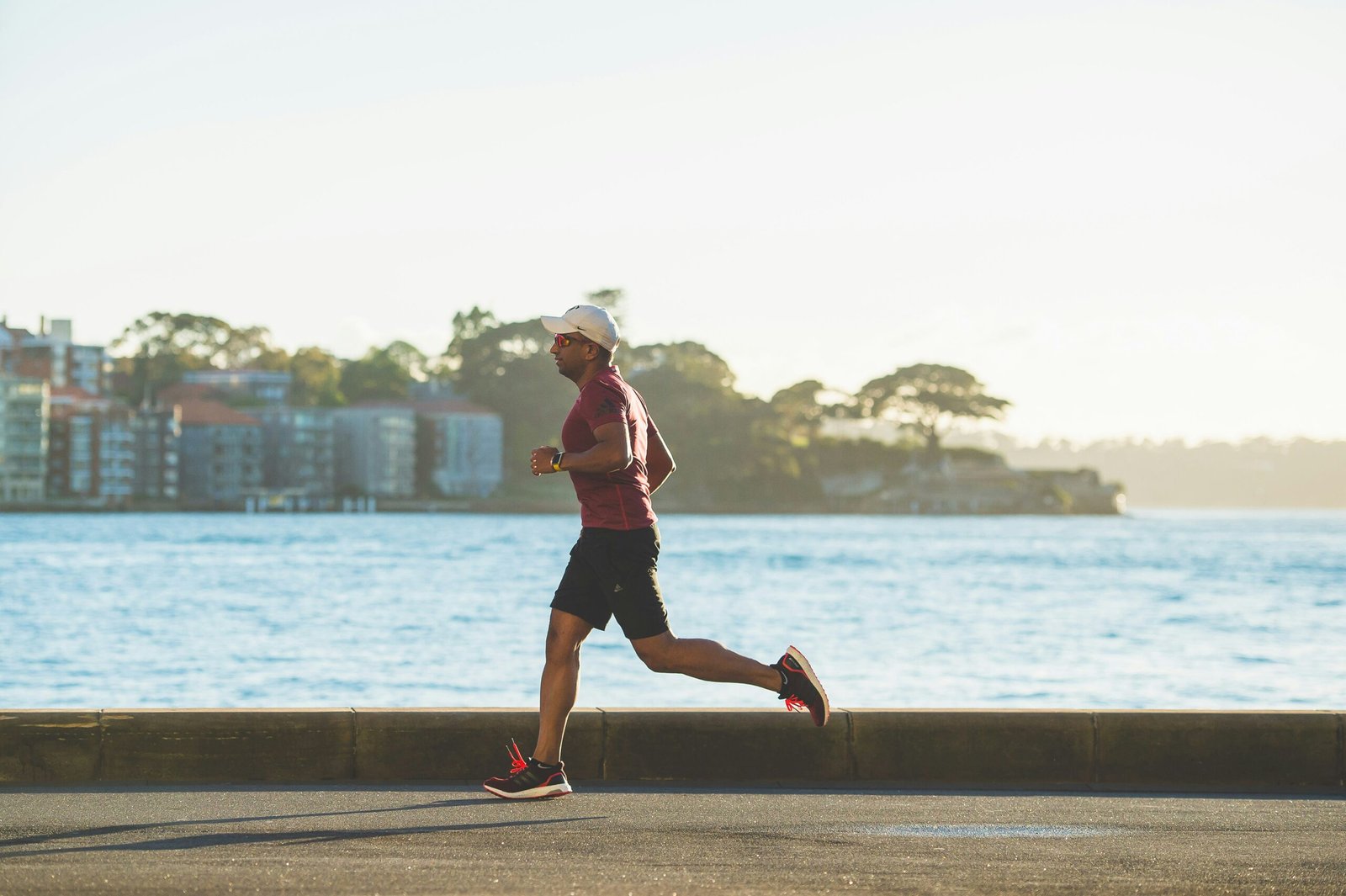Managing Anxiety and Depression: 5 Lifestyle Tips
Many of us have been there before — you’re in a stressful situation and can feel your heart racing or a sudden feeling of being overwhelmed. Anxiety is kicking in. It’s the body’s natural response to stress, but these days, it may feel more prevalent or prolonged than usual.
In fact, an estimated 31% of Americans experience anxiety at some point in their lives. On top of that, an estimated 1 out of every 6 adults will have depression in their lifetime.
If you are struggling with anxiety or depression, a good starting point may be to consider how your lifestyle choices are playing a role in your mental health.
While changing these habits may not completely treat a mental health disorder, they can be essential tools to help manage your symptoms.
⸻⸻⸻⸻⸻⸻⸻⸻⸻⸻⸻⸻⸻⸻⸻⸻⸻⸻⸻⸻
1. Prioritize Sleep
Sleep is deeply interconnected with mental health. A lack of sleep can worsen mental health issues — and vice versa. Adults should aim for 7 to 9 hours of sleep each night, including weekends.
Tips for better sleep:
- Establish a consistent sleep schedule (same bedtime and wake-up time).
- Limit naps during the day.
- Take a hot shower or bath about two hours before bed — the post-shower drop in body temperature can stimulate melatonin release, helping you fall asleep.
⸻⸻⸻⸻⸻⸻⸻⸻⸻⸻⸻⸻⸻⸻⸻⸻⸻⸻⸻⸻
2. Stay Active and Go Outside
Daily exercise can significantly help manage anxiety and depression by boosting serotonin and endorphins, which positively affect mood and stress response.
Benefits of exercise:
- Reduces fatigue and tension
- Improves mood
- Enhances stress management
Try:
Practicing yoga — which combines breathing, movement, and mindfulness — has been shown to relieve anxiety.
Goal:
Aim for 30 minutes or more of exercise, 3 to 5 days a week.
⸻⸻⸻⸻⸻⸻⸻⸻⸻⸻⸻⸻⸻⸻⸻⸻⸻⸻⸻⸻
3. Focus on Good Nutrition
Eating balanced meals helps improve overall well-being and mental stability.
Include in your diet:
- Protein – keeps you full longer and helps stabilize blood sugar
- Complex carbs – e.g., oatmeal, quinoa, whole-grain bread; help your body produce serotonin, the brain’s calming chemical
- Fruits and vegetables – provide essential vitamins and minerals for brain function
⸻⸻⸻⸻⸻⸻⸻⸻⸻⸻⸻⸻⸻⸻⸻⸻⸻⸻⸻⸻
4. Avoid or Limit Alcohol
While alcohol may feel relaxing in the moment, it often has a rebound effect that can worsen anxiety.
Why to limit alcohol:
- The next day, you may feel jittery or anxious due to mild detox effects
- Alcohol disrupts sleep — even one drink can affect your natural cycle
- If you’re on antidepressants, alcohol can worsen symptoms and cause harmful side effects
⸻⸻⸻⸻⸻⸻⸻⸻⸻⸻⸻⸻⸻⸻⸻⸻⸻⸻⸻⸻
5. Practice Meditation
Meditation promotes relaxation and can calm a restless mind.
Benefits of meditation:
- Reduces stress
- Eases symptoms of anxiety and depression
- Supports overall mental clarity
Types of meditation:
- Breathing techniques
- Guided meditation
- Walking meditation
Key elements:
- Eliminate distractions
- Focus your attention
- Relax your breathing
⸻⸻⸻⸻⸻⸻⸻⸻⸻⸻⸻⸻⸻⸻⸻⸻⸻⸻⸻⸻
Final Thoughts
Consider these lifestyle changes to better manage your symptoms. And remember — if you’re struggling, talk to your primary care provider. You might be surprised to learn your health benefits include support services.
For example, UnitedHealthcare offers access to virtual behavioral coaching and Calm Health for millions of eligible members.
Source:
UnitedHealthcare & UnitedHealthcare. (2025, May 21). 5 lifestyle changes that may help with managing anxiety or depression. News & Articles | UnitedHealthcare. https://www.uhc.com/news-articles/healthy-living/coping-with-anxiety-depression

